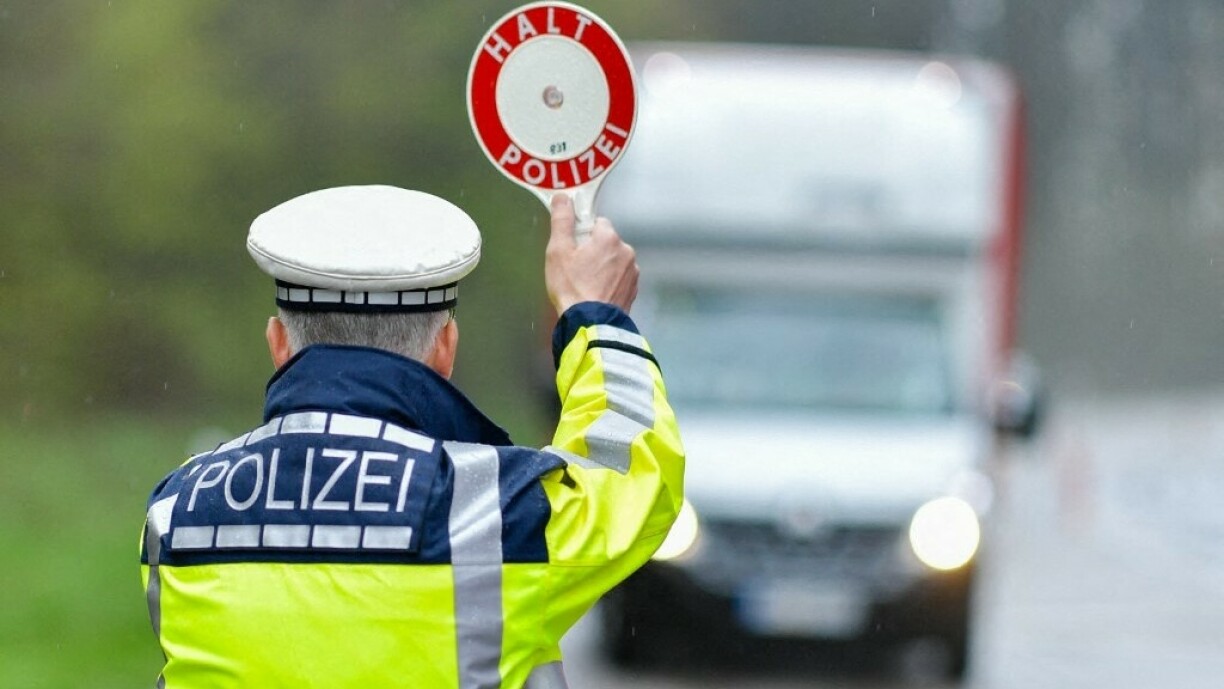
German Interior Minister Nancy Faeser plans to temporarily extend border controls to all German borders, starting 16 September. The controls are expected to last six months and are aimed at curbing irregular migration, addressing current terrorist threats, and reducing cross-border crime.
Although these measures will apply to Germany’s borders with the Benelux countries, France, and Denmark, Luxembourg’s Minister for Home Affairs Léon Gloden reassured that cross-border commuters should not be affected. In an interview with our colleagues from RTL.lu, Gloden explained that, based on his interpretation of a letter from Minister Faeser received on Monday, the controls will not target commuters crossing the Moselle River.
The letter indicated that Germany intends to respect cross-border traffic in the Greater Region, and Gloden believes this means there will be no checks on the bridges mentioned in the correspondence. German authorities also emphasised that the controls would be conducted in built-up areas, aiming to minimise disruption to the movement of people and goods across borders, Gloden added.
To clarify the specifics of the upcoming checks, Minister Gloden has instructed Luxembourg’s police to coordinate with their German counterparts ahead of the 16 September implementation date.
Following a meeting on migration with the Christian Democratic Union (CDU) parliamentary group and state representatives, the German government has developed a model for “effective rejections in line with European law,” according to government sources.
Interior Minister Faeser presented this plan to the CDU parliamentary group in the Bundestag on Monday, offering confidential and “timely” discussions with the opposition.
CDU parliamentary group leader Friedrich Merz had made extending border rejections a condition for continuing negotiations with the government on migration policy. These talks were initiated after a knife attack in Solingen, which resulted in three deaths.
The newly proposed model could result in the rejection of more than 30,000 people since October 2023. The planned border checks will also be communicated to the European Commission.